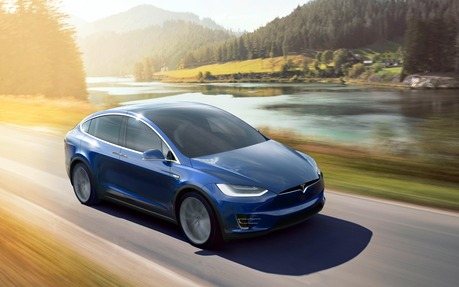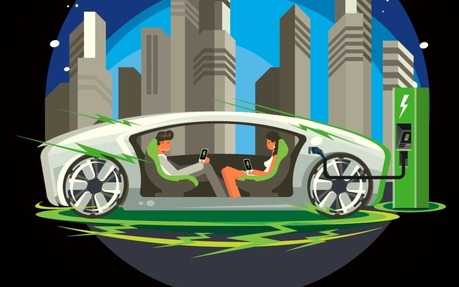Deloitte’s 2020 Global Automotive Consumer Study has Some Eye-popping Stats
Deloitte recently surveyed more than 35,000 consumers from 20 countries, including Canada, to explore their opinions on emerging connected, autonomous, shared and electrified automotive technologies.
The 2020 Global Automotive Consumer Study provides insights into how consumer opinion about these disruptive technologies may impact the future of the automotive industry and where automakers are investing to bring these advanced features to market.
- Also: Cell Phones are Increasingly Distracting, Survey Finds
- Also: Misconceptions About EVs are Dumbfounding, Ford Survey Reveals
Electric Vehicles
First, the number of people across North America who want an alternative powertrain in their next vehicle is growing rapidly, from 29 percent in 2019 to 41 percent this year. Lower emissions and lower operating costs are the main reasons consumer preference is shifting.
However, drivers in other parts of the globe are more likely than us to consider an alternative powertrain for their next purchase, including in India (49 percent), Germany (51 percent), China (57 percent), Korea (58 percent) and Japan (63 percent).
Also, the study reveals that a third of North Americans wouldn’t pay more for an electric vehicle. Another 29 percent said they would tolerate a premium of $1,000 or less.
As for driving range, two out of five survey respondents expect today’s EVs to be able to cover at least 480 kilometres with a full battery charge. The only models right now that can achieve that are Teslas.

Autonomous and Connected Vehicles
Meanwhile, interest in autonomous vehicles has stalled in most markets. Concerns about safety are having a significant impact on consumer perception of self-driving vehicles. In fact, 48 percent of consumers in North America believe that fully autonomous vehicles will be unsafe.
When it comes to connected cars, the Deloitte study found that privacy and data security remain major concerns. Consumers are split on whether the advantages of increased connectivity in their vehicles are worth it. They are guarded about who they trust with the data being collected and shared by their vehicle: automakers (26 percent), no one (26 percent), dealers (9 percent), the government (5 percent) or some other party like cloud service providers or insurance companies (34 percent).
Ride-hailing Services
Finally, the frequency of ride-hailing usage continues to increase in most markets, but more significantly in North America. The percentage of people who report using Uber or similar services at least occasionally rose from 22 percent to 51 percent in just a year.
Among that group, 41 percent of Gen Y/Z users question whether they need to own a vehicle going forward. That’s not very good news for the auto industry.
